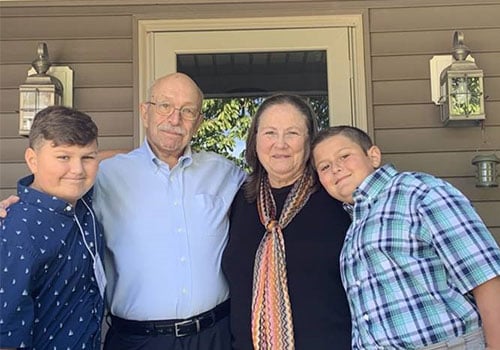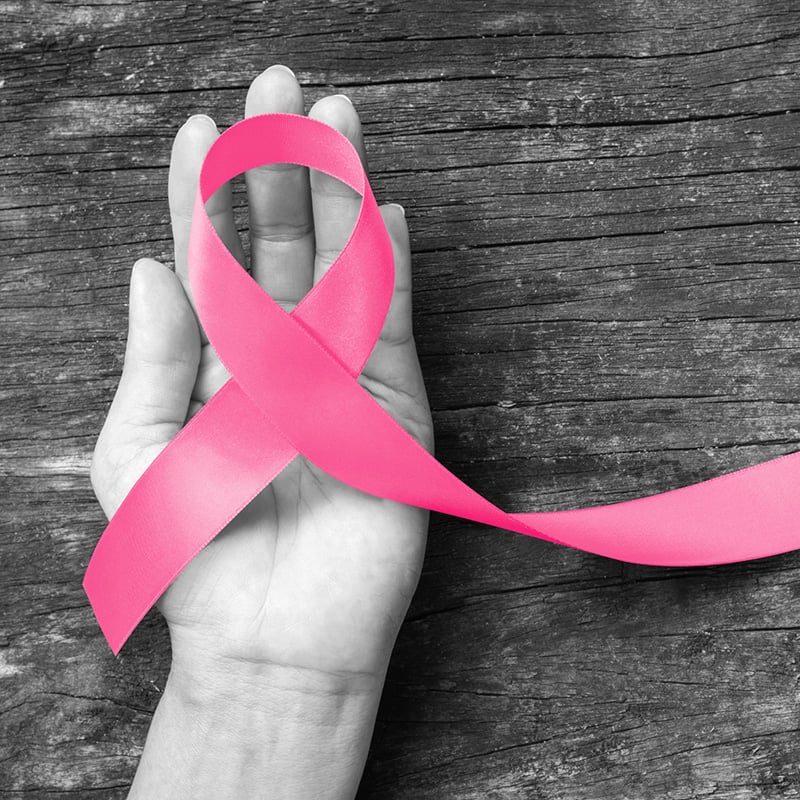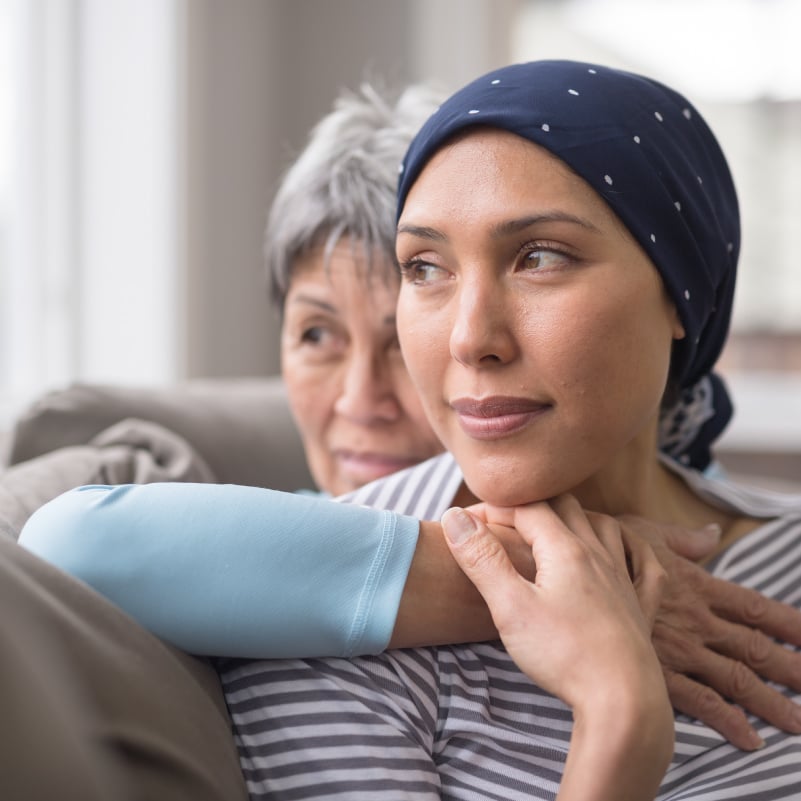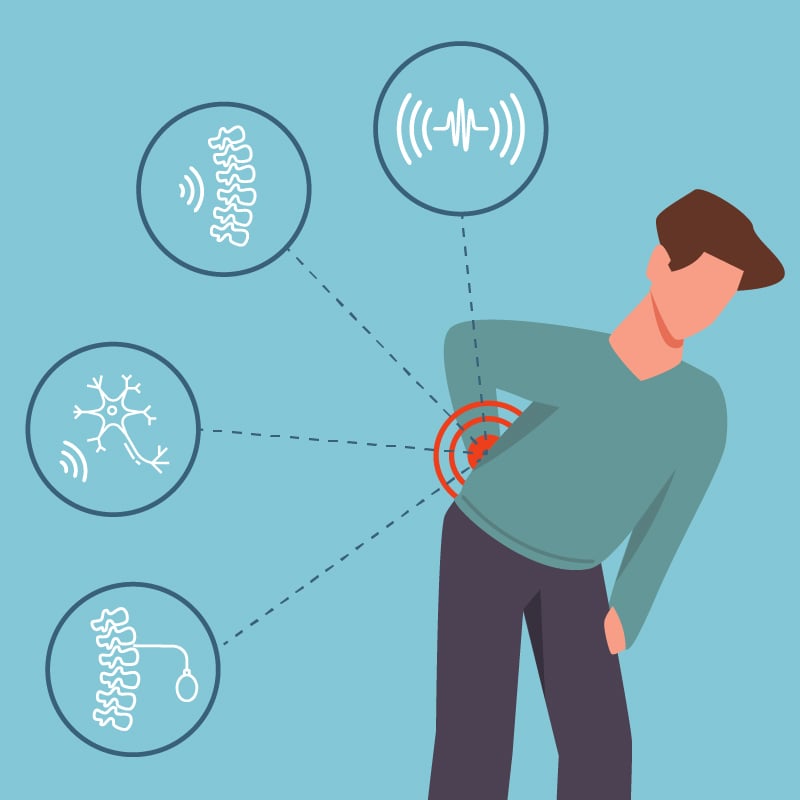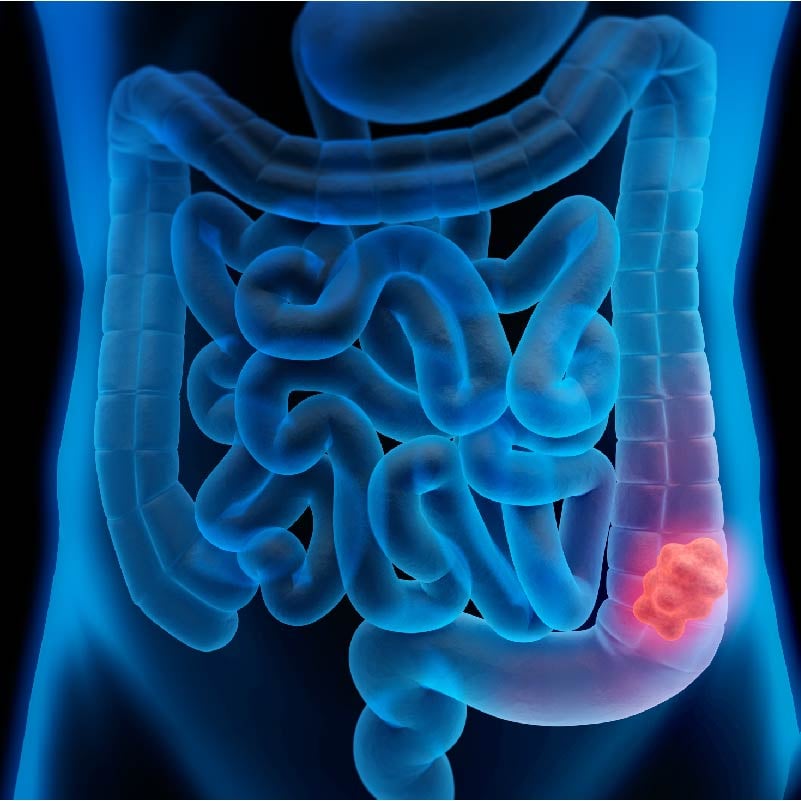As the leading cause of cancer deaths in the U.S., lung cancer is a significant health challenge for people and health care providers.
As part of Lung Cancer Awareness Month, Rochester Regional Health is highlighting some symptoms of the disease, where to find treatment, and options for screenings.
Symptoms of lung cancer
Cancer affects people in different ways. For lung cancer patients, most of the symptoms do not show up until the cancer is advanced.
According to the CDC, symptoms may include:
- Chest pain
- Coughing fits that worsen over time, including coughing up blood
- Wheezing
- Shortness of breath
- Constant fatigue
- Weight loss without cause
- Enlarged lymph nodes in the chest
How to get screened
Signing up for a lung cancer screening is a simple process. Anyone looking to be screened needs to meet a list of criteria, including:
- Age 50-80 years old
- Current cigarette smoker or former smoker who quit within the last 15 years
- Smoking history of 20 pack-years or more
- Pack years = number of packs per day X number of years smoked
The screening itself is quick, painless, and non-invasive. Most insurance providers cover the cost of annual screenings. Screenings can be scheduled through your primary care provider or calling our Lung Cancer Screening Program at (585) 922-5285.
If a patient meets the criteria and is considered eligible, they will move forward with the screening process.
First, patients will undergo a low-dose CT scan which is recommended to be completed annually. If abnormal findings are detected, patients may further tests to determine if cancer is present, or have repeat CT scans at recommended intervals.
A new diagnostic tool called the Auris Health’s Monarch™ Platform uses cutting edge robotic software technology that allows providers to look inside the smallest parts of a patient’s lungs and obtain a tissue sample for biopsy.
If cancer is identified, Lipson Cancer Institute creates an individualized plan to treat the disease. This may include radiation therapy, chemotherapy, targeted therapies, and/or a surgical procedure. Clinical trials may also be a viable option for some patients, depending on several factors.
“The earlier we can identify something that might be cancer, the sooner we can get our patients the treatment they need,” said Susan Jackson, PA-C, who works with patients through the Lung Cancer Screening Program & Pulmonary Medicine. “At Rochester Regional Health, we bring a multidisciplinary approach to diagnosing and treating lung cancer patients so we can help them heal and continue doing what they love.”


